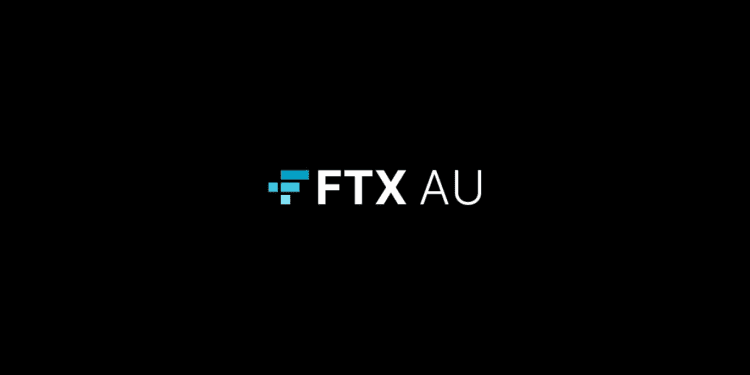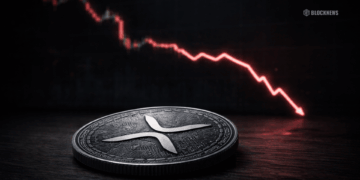- Australia’s financial watchdog ends FTX Australia’s run by rescinding its license, effective July 19.
- FTX Australia, despite its poor fiscal condition, is mandated to fulfill certain financial commitments, including reimbursing its clientele.
- Murmurs of FTX’s revival under a new banner are surfacing, as restructuring talks with potential financial backers gain momentum.
July 19 served as the swansong for FTX Australia’s functioning, as the country’s financial overseer decided to pull the plug on its operational license. This move leaves FTX Australia, an offshoot of the now-bankrupt crypto exchange, with the task of wrapping up its affairs by July 12 next year.
While grappling with a deplorable financial status, FTX Australia still holds the onus to fulfill a set of financial responsibilities. The primary task on its plate is to make sure its clientele is well-compensated, a point the regulatory authorities emphasized. The former cryptocurrency exchange boasts an impressive client base of nearly 30,000 individuals and has been at the service of 132 Australian corporations.
FTX Australia’s Australian Financial Services (AFS) license, a credential that sanctioned it to broker derivative and forex contracts for its Australian clients, found itself under suspension by the Australian Securities and Investments Commission (ASIC) as of November last year. This regulatory action was a quick response to the bankruptcy announcement made by its parent company, FTX, based out of the Bahamas, on November 11, 2022.
In the wake of the financial turmoil, voluntary administrators from KordaMentha, a well-reputed investment and advisory firm in Sydney, were summoned on the day FTX declared bankruptcy. Their mission was to assist FTX Australia and another offshoot, FTX Express, in their restructuring efforts.
As per the latest documentation presented to a US bankruptcy court by the head of restructuring at FTX’s global body, roughly $7 billion in liquid assets have been salvaged so far. Yet, there are still customer assets amounting to an estimated $8.7 billion that are suspected to have been misused.
Rumors have been circulating about a potential rebirth of FTX under a fresh brand name. It is said that the restructuring team is actively involved in negotiations with parties interested in providing the monetary backing for such a revival.
FTX Fallout Shakes Global Crypto Landscape
The bankruptcy of former leading cryptocurrency exchange, FTX, has caused a cascade of adverse effects across the international and Australian financial spheres. Its abrupt downfall directly impacted various businesses, notably including Digital Surge, a Brisbane-based cryptocurrency exchange. Owing to considerable funds in Australian dollars and digital assets tied up with FTX, Digital Surge was left grappling with liquidity issues, leading to the suspension of client deposits and withdrawals.
Simultaneously, FTX Australia, an FTX offshoot, had its financial services license revoked by the Australian Securities and Investment Commission (ASIC) in the aftermath of the parent company’s bankruptcy. However, ASIC permitted FTX Australia to continue providing limited financial services related to existing derivatives until mid-2024, while mandating compensation for retail clients.
Interestingly, the shockwaves from FTX’s collapse extended beyond Australian shores, propelling US-based BlockFi into bankruptcy. This fallout underscores FTX’s significant impact on the global and Australian cryptocurrency ecosystems.














